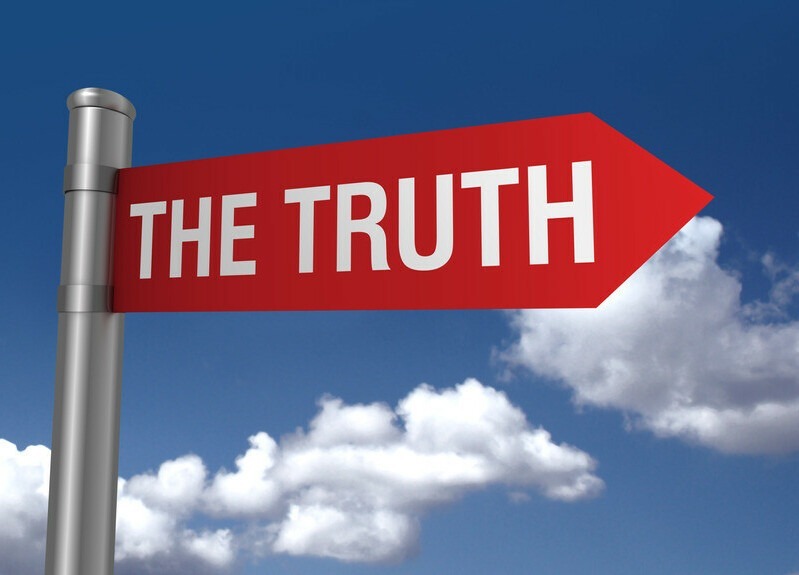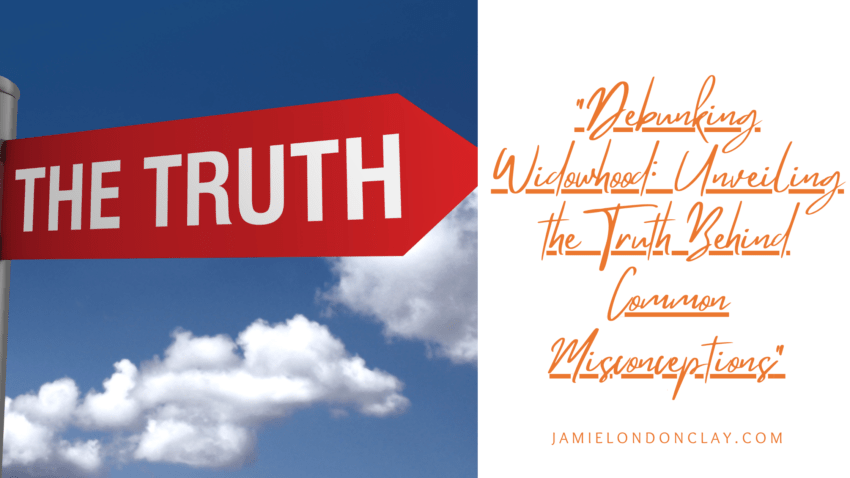
Debunking Widowhood
Explore the reality of widowhood as we dismantle the myths and misconceptions surrounding it. Empower yourself with knowledge and join the journey to holistic development.
Welcome to “I Empower You to Empower You,” where we journey together through the valleys and peaks of life’s experiences. Today, we’re addressing a topic close to my heart: widowhood. Read more about my story of widowhood here. Often masked in misconceptions, widowhood is a path walked by many yet understood by few.
It’s estimated that 75% of all married women will be widowed at least once in their lifetime, and the average age of a widow in the United States is just 55 years old. These statistics shatter the image of widowhood as a distant, unlikely event reserved for the elderly. Let’s dive into the truths and dispel the myths that cloud the reality of widowhood.
Common Misconceptions About Widowhood:
- The Grieving Timeline
- Financial Fallout
- Social Stigma and Stereotypes
- The Journey to Self-Rediscovery
- Finding Love Again
What are some common misconceptions about widowhood?
Common misconceptions about widowhood include:
- One-Size-Fits-All Grieving: The belief that there is a standard way to grieve is incorrect. Grieving is a highly personal process that varies significantly among individuals.
- Financial Windfall: There’s a misconception that widows receive a large life insurance payout, which isn’t always true. Many widows face financial challenges after their spouse’s death.
- Dating and Moving On: Judgments about when a widow starts dating again or chooses not to date are often based on the false notion that these actions reflect how much they have ‘moved on’ from their loss.
- Young Widows Have It Easier: Age does not determine the depth of grief. Young widows face the same emotional turmoil as older ones.
- Widows Know Each Other: Assuming that all widows are part of a community or know each other is a misconception. Widowhood is a unique experience for each individual.
- Quick Recovery Expected: The idea that widows should “get over” their loss quickly is a harmful stereotype. Recovery takes time and cannot be rushed. The notion that widows should quickly “get over” their loss is unhealthy and unrealistic. Recovery takes time and cannot be rushed.
These misconceptions can add to the challenges widows face by creating unrealistic expectations and pressures from society.
How Can a Widow Overcome These Common Misconceptions About Widowhood
Overcoming the common misconceptions about widowhood is a journey of self-discovery, resilience, and empowerment. Here are some steps a widow can take to navigate through these misconceptions:
- Embrace Individual Grieving Processes: Understand that grief is personal and there’s no “right” way to grieve. It’s essential to allow oneself the space and time to mourn without adhering to societal expectations or timelines1.
- Seek Support and Community: Connecting with others who have experienced similar losses can provide comfort and understanding. Support groups, both in-person and online, can offer a sense of community and shared experience.
- Educate Others: By sharing one’s experiences and the realities of widowhood, a widow can help educate friends, family, and the community, thereby dispelling myths and stereotypes.
- Financial Planning and Education: Taking control of one’s finances is crucial. This may involve learning new skills, seeking professional advice, and organizing important documents to ensure financial stability.
- Pursue Personal Interests and Goals: Rediscovering or developing new hobbies, interests, and goals can lead to personal growth and fulfillment, helping to rebuild one’s identity beyond widowhood.
- Practice Self-Care: Prioritizing physical and emotional well-being through exercise, meditation, or therapy can aid healing.
- Challenge Social Stigma: Living a whole and active life can actively challenge the stigma and stereotypes associated with widowhood, changing perceptions and inspiring others.
Remember, overcoming misconceptions is not just about changing one’s own mindset but also about influencing the societal narrative around widowhood. It’s a path towards empowerment, where each step taken is a stride towards a more understanding and supportive community for all widows.
Key Takeaways: Some Common Misconceptions About Widowhood
As we wrap up our exploration of the common misconceptions about widowhood, remember that this journey, though challenging, is also one of profound growth and empowerment. If you seek guidance and inspiration, consider “The Complete You: A Guide on How to Be Made Whole.” This eBook, available at my online store jamielondonclay.com, is a beacon for those navigating the waters of self-discovery and holistic development.
By shopping at jamielondonclay.com, you not only find products that resonate with your journey but also support this blog, as I receive a commission from purchases made through my affiliate links. Be intentional about your empowerment and let Jamie London Clay inspire you.
Don’t forget to subscribe to the blog, follow me on social media, share this article, and leave your thoughts in the comment section. Your engagement helps me grow and supports my mission to empower each other in your collective journey of becoming whole again.
Call to Action: Join my community, embrace the empowerment, and let’s walk this path together. Click, share, comment, and let’s thrive in unity.

Hey there! Just stumbled upon your article about common misconceptions about widowhood, and I’ve gotta say, it’s incredibly insightful! You’ve done a fantastic job shedding light on the misconceptions and stereotypes that surround this topic with such empathy and understanding. I really appreciated how you tackled the notion that grief has a timeline and highlighted the importance of allowing individuals to grieve in their own way and at their own pace. It’s such an important reminder for all of us to approach grief with sensitivity and compassion.
One key point that really struck a chord with me was your discussion on the diversity of experiences within widowhood. It got me thinking: how do you recommend supporting someone who is grieving the loss of a spouse, especially when their experience might differ from what’s commonly portrayed in media or society? Also, I’m curious about your thoughts on the role of education and awareness in combating these misconceptions and creating a more supportive environment for widows and widowers. Keep up the amazing work—I’ll definitely be sharing this article with others!
Hi there, Bob Lynch!
Bob, your engagement with my article on misconceptions about widowhood has been truly impactful. Your kind words and the time you’ve taken to dig into the content have not gone unnoticed. I’m genuinely grateful for your contribution to this critical conversation.
Bob, your insights on supporting someone grieving the loss of a spouse are invaluable. You’ve highlighted a crucial point about the disparity between individual experiences and societal portrayals. Your understanding and respect for each person’s unique grief journey is commendable.
Offering practical support, like helping with daily tasks or simply being there to listen, can also make a world of difference. Sometimes, knowing that someone cares and is willing to walk alongside them in pain can provide immense comfort.
As for the role of education and awareness in combating misconceptions about widowhood, it’s vital. By sharing stories, like the diverse experiences within widowhood that I highlighted in the article, and by fostering conversations that challenge stereotypes, we can help create a more supportive and empathetic environment for widows and widowers.
Spreading awareness about the complexities of grief and the need for individualized support can help break down barriers and foster greater understanding and compassion within our communities.
Thank you again for your thoughtful comment and commitment to sharing this vital information with others. Together, we can make a difference in supporting those navigating the challenging journey of widowhood.
Warm regards, Jamie